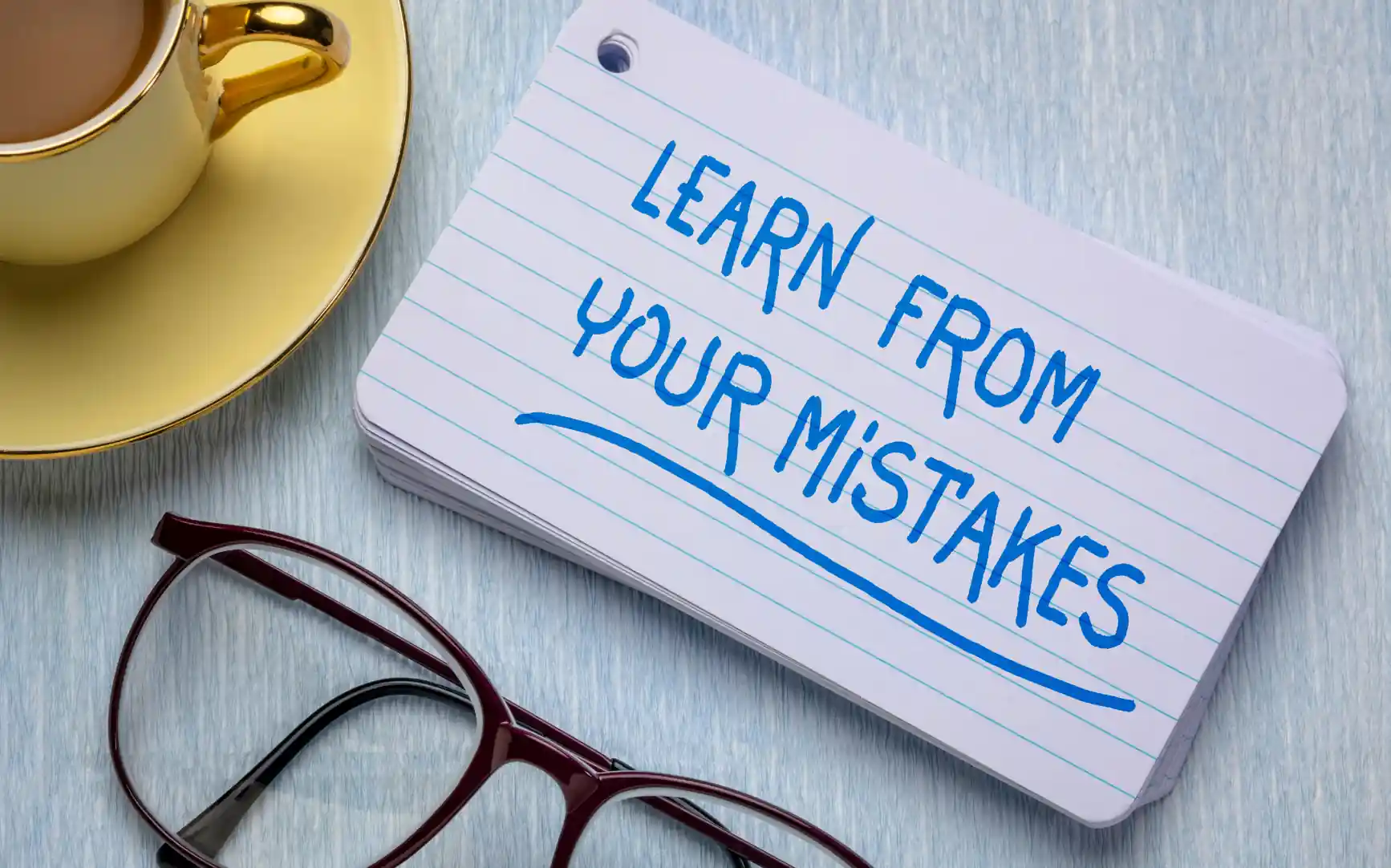
The Connection: November 2024 Issue #39
In business, particularly for new and growing companies, two basic roles help a company run easily: the Integrator and the Visionary. Both parts are essential, but they focus on diverse aspects of a business. To better understand these roles, let’s see what an Integrator Masterclass and a Visionary Masterclass might instruct you.
What is an Integrator?
An Integrator is the individual who takes the visionary’s big ideas and strategies and turns them into action. They guarantee that the company’s day-to-day operations run smoothly and everybody is aligned with its objectives.
Key qualities of an Integrator:
- Strong organisational skills.
- Excellent at solving problems and putting systems in place.
- Able to manage people effectively.
- Great at executing plans and managing daily operations.
Integrator Masterclass: What Will You Learn?
In an Integrator Masterclass, you will learn how to create these key skills and become an expert at turning dreams into reality. Here are a few key topics that might be covered:
- Operational Productivity: How to build effective frameworks to keep your business running smoothly.
- Team Management: How to lead groups, resolve clashes, and keep everybody on track to accomplish company goals.
The masterclass would help you understand the complexities of the part and how to adjust diverse parts of the company to accomplish reliable growth.
What is a Visionary?
A Visionary is the person who creates the long-term vision for the company. They are the dreamers and big-picture thinkers, constantly developing new ideas and strategies. Visionaries are focused on the future, seeking out opportunities for growth and innovation.
Key qualities of a Visionary:
- Creative and innovative thinking.
- Focused on big-picture ideas and future growth.
- Strong decision-making skills.
- Ability to inspire and motivate the team.
Visionary Masterclass: What Will You Learn?
In a Visionary Masterclass, the focus would be on cultivating the traits of successful Visionaries. Here are some areas the masterclass would cover:
- Inspiring Others: Communicating your vision to your team and getting everyone excited.
- Strategic Decision-Making: Making high-level decisions that align with your long-term goals.
This masterclass would help you refine your ability to think creatively, plan strategically, and lead your team toward realising the company’s vision.
Visionary vs Integrator: What’s the Difference?
While both roles are essential for business success, the main difference lies in their focus:
- Integrators focus on execution and ensuring everything runs smoothly daily.
- Visionaries focus on future growth and creating a path for the company.
A strong company needs both roles working together. The Visionary generates ideas and sets the direction, while the Integrator implements them in the real world.
Ways to Build the Best Visionary and Integrator Relationship
Here are some ways to build relationships:
1. Understand Each Other’s Roles
The first step in building a strong relationship is clarity about each role. Use tools like the crystallizer assessment to determine strengths, weaknesses, and compatibility.
Tips for Success:
- Clearly define responsibilities.
- Respect each other’s strengths.
2. Communicate Openly and Frequently
Effective communication is the backbone of any successful partnership. Visionaries and Integrators should schedule regular meetings to align goals.
Tips for Communication:
- Use structured meetings to stay focused.
- Practice active listening.
3. Align with the Company’s Vision
Both the Visionary and the Integrator must share a common understanding. This alignment ensures that everyone is working toward the same objectives.
Steps to Align:
- Create a shared vision document.
- Revisit and refine goals regularly.
4. Embrace the EOS Framework
The Entrepreneurial Operating System (EOS) includes practices like quarterly planning, scorecards, and the Integrator Masterclass to refine skills.
Key EOS Tools:
- Weekly Level 10 Meetings to track progress
- Rocks to prioritise quarterly objectives
Why Do Both Roles Matter?
Without a Visionary, the company might lack direction and long-term growth. On the other hand, without an Integrator, the business might have an extraordinary vision but no structure to turn that vision into reality. Both roles guarantee the company has a clear direction, process, and system to accomplish that vision.
Conclusion
Whether you’re learning to be a great Integrator or an effective Visionary, both roles are significant for a company’s victory. Ultimately, adjusting vision with execution for the integrator and visionary masterclass is the key to driving your business forward!




